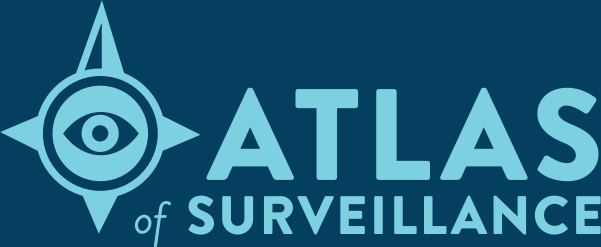Collaborate
The Atlas of Surveillance is designed to be a collaborative project: the process of engagement we use to collect the data is just as important as the data itself. Whether you're a volunteer, a student, a professor, or a journalist, we welcome you to participate in building our database.
Volunteer
We are always looking for volunteers to do small research tasks to help build out this dataset. Whether you’ve got 30 minutes or 30 hours to contribute, email [email protected] with any questions.
Submit a Datapoint
Did you find a document about a specific police department’s technology that isn’t in our dataset? Are you a journalist who recently wrote an article you’d like added to the Atlas of Surveillance? Please submit to us directly at [email protected].
Educators
The Atlas of Surveillance project’s Report Back tool is a handy homework assignment or extra credit project for all levels of university students and some advanced high school students. So far, lecturers in journalism and information security have each found it works well with their curricula. If you’re an instructor who would like to integrate Atlas of Surveillance into your class, please email [email protected].
Share a Dataset
Many of the datapoints in the Atlas of Surveillance originated in existing datasets compiled by other researchers, such as Bard College’s public safety drone data. If you have a dataset that you’d like to contribute to this project, please email us at [email protected].
Take Action
Has the Atlas of Surveillance left you with the desire to advocate for social change? EFF’s Action Center has a number of ways that you can contact your federal, state, and local lawmakers on issues related to the regulation of surveillance technology. You might start with “About Face,” EFF’s campaign to restrict face recognition technology on the local level.


